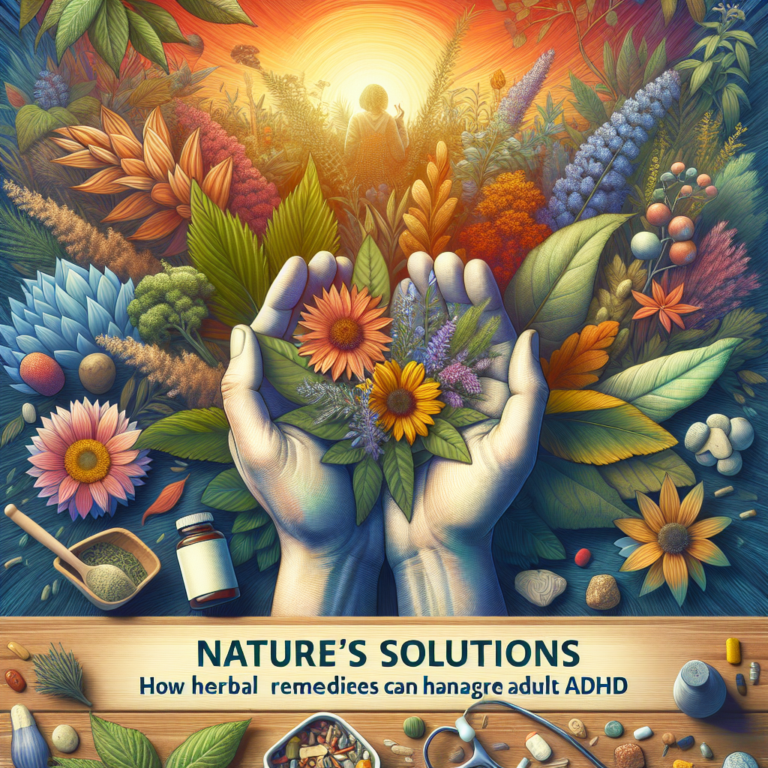
Empowering Parents: Essential Early Warning Signs of Bipolar Disorder in Teens
Introduction
As a parent, the journey of raising a teenager can feel like navigating through a complex maze. Adolescence is a time of emotional highs and lows, making it challenging for parents to distinguish between typical teenage behavior and the warning signs of a more serious issue. One condition that often goes unnoticed until it escalates is bipolar disorder. This mental health condition can severely impact a teen’s well-being, social relationships, and academic performance. Therefore, empowering parents: early warning signs of bipolar disorder in teens is not just important; it is essential. Understanding these red flags can enable you to seek timely intervention, which can be a game-changer in your child’s life.
In this comprehensive guide, we will explore the nuances of bipolar disorder in teens, spotlight early warning signs, and provide actionable advice on how you can navigate this challenging landscape. With real-world examples and practical strategies, we aim to equip you with the tools necessary for effective parenting in the face of mental health challenges.
Understanding Bipolar Disorder in Teens
What is Bipolar Disorder?
Bipolar disorder, previously known as manic-depressive illness, is a mental health condition characterized by extreme mood swings, including emotional highs (mania or hypomania) and lows (depression). In teenagers, these fluctuations can manifest as changes in energy levels, sleep patterns, and cognitive function.
Why Focus on Teens?
The teenage years are critical for development, making the early identification of bipolar disorder paramount. According to the National Institute of Mental Health, the onset of bipolar disorder often occurs during late adolescence or early adulthood. Therefore, empowering parents: early warning signs of bipolar disorder in teens can lead to better outcomes.
Early Warning Signs to Watch For
Identifying bipolar disorder early is crucial. Here are some early warning signs of bipolar disorder in teens to consider:
1. Mood Swings
Analysis
Frequent mood swings are often one of the most evident signs of bipolar disorder. Unlike typical teenage moods, these can be extreme and seem out of proportion to the situation.
Case Study
Consider Emily, a 15-year-old who oscillates between being incredibly energetic and intensely withdrawn. Her parents noticed that these mood changes often coincide with significant events at school or her social life. By understanding these changes as potential symptoms, her parents sought help, leading to an early diagnosis.
2. Changes in Sleep Patterns
Analysis
Teens with bipolar disorder may either experience insomnia during manic episodes or excessive sleep during depressive episodes. Monitoring sleep can provide crucial insights into their mental state.
Case Study
Tyler, another teenager, started sleeping only a few hours at night while showing heightened energy levels during the day. His parents initially attributed this to typical teenage behavior until they recognized the pattern as a potential sign of mania.
3. Academic Performance Fluctuations
Analysis
A sudden drop in academic performance or a failure to keep up with schoolwork can often be a red flag. This could stem from the impaired concentration seen in bipolar disorder.
Case Study
Jessica, a bright student, suddenly began to struggle with grades and missed deadlines. Upon closer examination, her parents recognized that her academic issues aligned with her emotional instability, prompting them to seek evaluation.
4. Social Withdrawal
Analysis
While some level of social withdrawal is common in teens, an abrupt change—especially in a previously social teenager—might point to underlying emotional issues.
Case Study
Jake had a close-knit group of friends but began to isolate himself during depressive episodes. His parents observed this behavior and initiated conversations that ultimately led to a counseling referral.
5. Unexplained Physical Symptoms
Analysis
Teens with bipolar disorder may complain of physical symptoms such as headaches or stomachaches, often linked to underlying emotional distress.
Case Study
Sarah frequently visited the school nurse with complaints of stomach pain. After discussing these issues with her parents, they recognized the emotional triggers and connected her symptoms to her mood instability, ultimately guiding her toward professional help.
How to Empower Yourself as a Parent
Open Communication
Creating an environment that fosters open dialogue about feelings can greatly benefit your teen. Ask open-ended questions, and don’t shy away from discussing emotions. This encourages teens to express themselves and may provide insights into their emotional health.
Seek Professional Help Early
If you notice several warning signs aligning with behaviors your teen is exhibiting, reach out to mental health professionals. Early intervention can lead to better management and treatment of bipolar disorder.
Educate Yourself and Your Teen
Understanding bipolar disorder, its symptoms, and its treatment options can empower both you and your teen. Resources like books, support groups, or online forums can provide valuable information and community support.
Foster Healthy Habits
Encourage a balanced lifestyle, including regular exercise, a nutritious diet, and sufficient sleep. These factors can impact mental health and are important in managing bipolar disorder effectively.
Develop a Coping Strategy
Work with your teen to develop coping mechanisms for mood fluctuations. This could range from relaxation techniques to engaging in hobbies that promote mental well-being.
| Warning Signs | Actionable Steps |
|---|---|
| Frequent mood swings | Maintain open communication |
| Changes in sleep patterns | Keep a sleep diary to track patterns |
| Academic performance drops | Schedule regular check-ins on schoolwork |
| Social withdrawal | Plan family activities to encourage socialization |
| Unexplained physical symptoms | Consult a healthcare professional |
Conclusion
Understanding empowering parents: early warning signs of bipolar disorder in teens can create profound changes for you and your child. Acknowledging the signs of bipolar disorder early allows for timely intervention, leading to improved mental health outcomes. Remember, you are not alone on this journey—connect with mental health resources, communities, and professionals who can provide support along the way.
By taking proactive steps, fostering open communication, and maintaining a healthy lifestyle, you can empower both yourself and your teen. You’re not just observing; you are an active participant in paving a positive path for their future.
FAQs
1. What are the common symptoms of bipolar disorder in teens?
Common symptoms may include mood swings, changes in sleep patterns, social withdrawal, and fluctuations in academic performance.
2. At what age does bipolar disorder typically begin?
The onset often occurs during late adolescence or early adulthood, but it can manifest in younger teens.
3. How can I talk to my teen about mental health?
Approach the conversation with empathy and openness. Ask questions about their feelings and express your concerns without judgment.
4. What steps should I take if I suspect my teen has bipolar disorder?
Document the signs you’re observing, consult healthcare professionals, and be ready to discuss your observations during evaluations.
5. Are there support groups for parents of teens with bipolar disorder?
Yes, different organizations offer support for parents, including local community groups and online forums. Engaging in these networks can provide valuable insights and emotional support.
By focusing on empowering parents: early warning signs of bipolar disorder in teens, you’re not just protecting your child’s future; you’re fostering a family environment rooted in understanding, empathy, and resilience. Stay engaged, and start the conversation today.















